Table of content
- Understanding Insulin Overdose
- How Insulin Works
- How Insulin Affects the Body and the Heart
- Common Signs of Insulin Overdose
- Who Is at Greater Risk from an Insulin Overdose?
- Insulin Overdose Side Effects: Mild to Severe
- Can Insulin Overdose Be Fatal?
- What Scientific Research Says
- Immediate Steps in Case of Insulin Overdose
- Prevention Tips for Safe Insulin Use
- Summary
- Frequently Asked Question
Managing diabetes demands precision, particularly with insulin therapy, which is vital for regulating blood sugar in both Type 1 and Type 2 diabetes. Insulin maintains glucose control and prevents complications, but taking too much—whether accidentally or intentionally—can lead to serious health risks.
This stresses the cardiovascular system and potentially leads to a heart attack. Thus, although it indirectly elevates heart-attack risks, the answer to ‘Can Insulin Overdose Cause a Heart Attack?’ is technically a ‘no’. The connection isn’t direct, but it involves the effects of hypoglycemia (low blood sugar), cardiovascular stress, and pre-existing heart conditions. This article explores what occurs during an insulin overdose, its symptoms, and its potential impact on heart health.
Understanding Insulin Overdose
An insulin overdose happens when someone takes more insulin than their body requires. This can result from:
- Skipping meals after an insulin injection
- Incorrect dosing or timing errors
- Mixing up insulin types (e.g., short-acting vs. long-acting)
- Intentional overuse, in rare cases, related to self-harm
Excess insulin lowers blood sugar excessively, leading to hypoglycemia. Mild cases may cause discomfort, but severe hypoglycemia can escalate into a medical emergency.
How Insulin Works
- Normal action: Insulin helps cells take in glucose for energy.
- Overdose: Excess insulin causes a sharp drop in blood sugar (hypoglycemia)—the crux of all dangerous effects.
- In non-diabetics or obese individuals using insulin wrongly, this same drop can be abrupt and severe, leading to hypoglycemia.
How Insulin Affects the Body and the Heart
Can an insulin overdose lead to a heart attack? Here’s how they’re connected:
- Adrenaline Surge from Hypoglycemia: When blood sugar plummets due to excess insulin, the body releases stress hormones like adrenaline (epinephrine). This spikes heart rate and blood pressure, straining the cardiovascular system.
- Risk of Arrhythmias: Severe hypoglycemia can interfere with the heart’s electrical activity, potentially causing irregular heart rhythms (arrhythmias) that may lead to cardiac arrest.
- Increased Heart Attack Risk in At-Risk Individuals: For those with pre-existing heart conditions, the stress of severe hypoglycemia heightens the likelihood of a myocardial infarction (heart attack).
While insulin itself doesn’t directly harm the heart, an overdose triggering extreme hypoglycemia can create conditions that elevate the risk of a heart attack.
Potential Heart Complications
- Severe hypoglycemia can affect the heart in several ways:
- Triggering irregular heart rhythms (arrhythmias)
- Increasing stress on the cardiovascular system
- Causing chest discomfort similar to a heart attack
- In extreme cases, leading to cardiac arrest
Repeated episodes of severe low blood sugar may also increase the risk of long-term heart complications, especially in individuals with existing cardiovascular disease.
Common Signs of Insulin Overdose
Recognizing the warning signs of insulin overdose is crucial for proper management. These can range from mild to severe:
- Shakiness, sweating, and palpitations
- Sudden anxiety or irritability
- Intense hunger or nausea
- Chest discomfort or irregular heartbeat
- Seizures, confusion, or loss of consciousness
Early recognition and prompt treatment of low blood sugar can prevent serious complications, including heart problems.
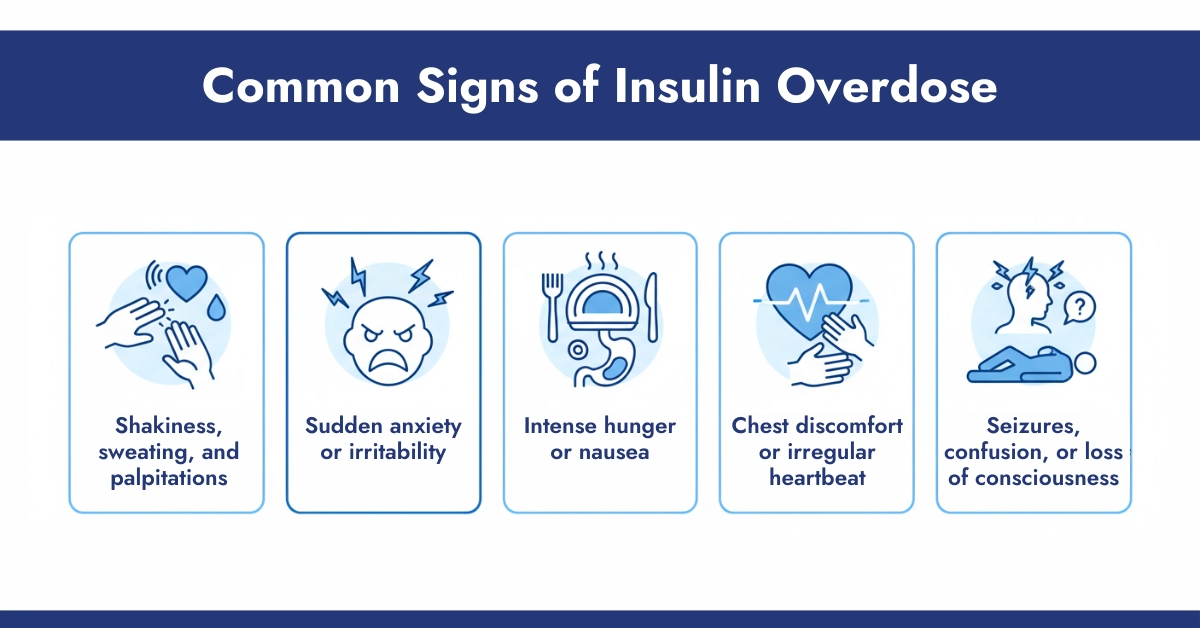
Who Is at Greater Risk from an Insulin Overdose?
Certain individuals face a higher risk of heart-related complications from an insulin overdose. These include:
- Type 1 diabetes patients using intensive insulin regimens
- Type 2 diabetes patients with pre-existing heart disease or hypertension
- Older adults with weakened cardiovascular systems
- Individuals with kidney disease, which impairs insulin clearance
- People with hypoglycemia unawareness, who may miss early warning signs
For these groups, even a moderate insulin overdose can place significant stress on the heart, increasing the risk of serious complications.
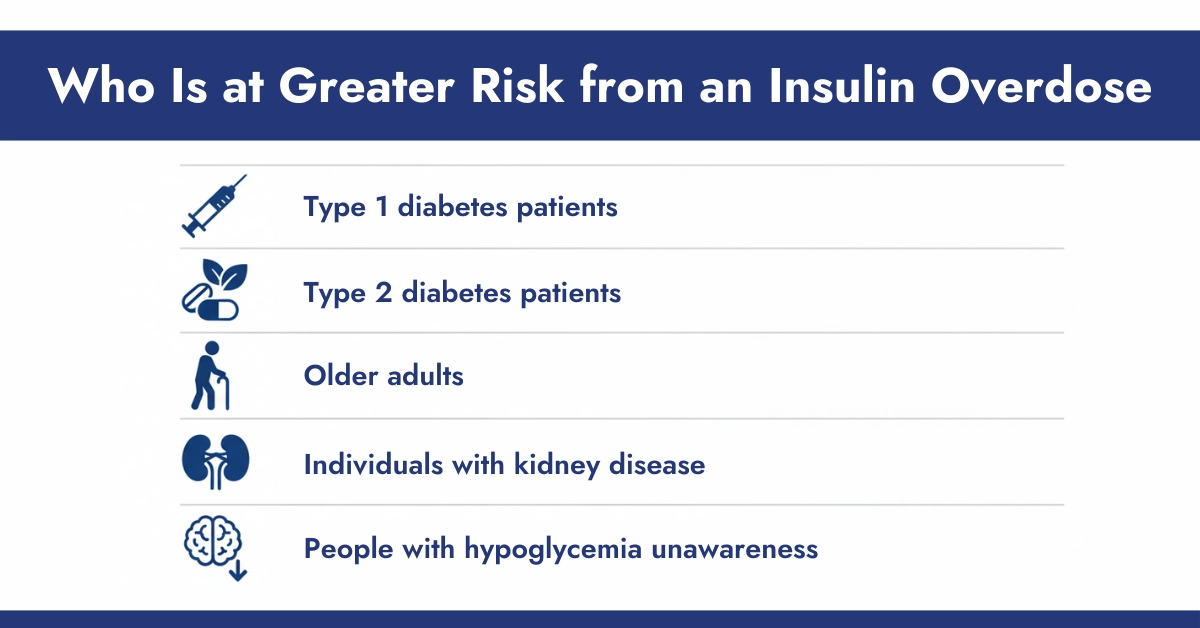
Insulin Overdose Side Effects: Mild to Severe
Following re the common signs of mild to severe low sugar levels:
Mild-to-moderate hypoglycemia
- Anxiety, irritability, confusion, “brain fog”
- Tremors, shakiness, weakness, dizziness
- Rapid heartbeat (tachycardia), sweating, chills
- Blurred or double vision
Severe Hypoglycemia
- Seizures, disorientation, unconsciousness or coma
- Risk of irreversible neurological damage or death.
If you learn more about the overdose symptoms beyond heart disease, learn this expert’s guide on insulin overdose symptoms.
Can Insulin Overdose Be Fatal?
From the MDPI systematic review, 109 documented fatal cases of insulin or hypoglycemic-agent overdose worldwide:
- Suicide: ~65% (71 cases)
- Accidental: ~23% (25 cases)
- Homicide: ~12% (13 cases).
From South Australia data (approximate estimate), 40 fatal overdoses were identified over 2000–2019, averaging 2 deaths per year.
How Much Insulin Can Be Fatal?
There is no universally fatal dose of insulin, as the risk depends on several factors, including the type of insulin, individual body mass, insulin sensitivity, timing of administration, and the speed of medical intervention. Reported fatalities from insulin overdose vary widely: some cases have involved as little as 20 units, while others required 400 to 900 units or more. Because of these variations, even seemingly small mistakes in insulin dosing can be dangerous, highlighting the importance of careful administration and immediate medical attention in case of an overdose.
Using Expired insulin can be fatal because mostly insulin loose its productivity after a certain period of time. Experts not recommend you to use expired insulin even in an emergency. Here is the guide on the query asked by the diabetes from our platforma and how our endocrinologist help in this regard. Check this guide on “what happens if you use an expired insulin“.
What Scientific Research Says
Several studies have explored the connection between insulin overdose, hypoglycemia, and cardiovascular events:
- Research published in the American Diabetes Association (ADA) journals shows that severe hypoglycemia is associated with higher cardiovascular mortality.
- Clinical evidence suggests that low blood sugar episodes increase the risk of arrhythmias, especially at night.
- A 2018 study found that patients with Type 2 diabetes who experienced frequent hypoglycemia had a higher incidence of cardiovascular complications.
These findings confirm that while not every insulin overdose causes a heart attack, the risk increases significantly in people with heart disease.
Immediate Steps in Case of Insulin Overdose
Stay calm, act fast and do the following:
Typical Hypoglycemia Symptoms:
Follow 15:15 rule in this condition and keep monitoring.
- Consume 15 g of fast-acting carbs (juice, glucose tabs, candy, honey).
- Wait 15 min, then re-check blood sugar; repeat if still low.
You may want to have a look at Trueplus Glucose Gel and Shots here at CGM Monitors.
Prevention Tips for Safe Insulin Use
- Always double-check your dose, type, and timing before injecting.
- Do not consume the missed dose near the next dose.
- Avoid distractions while dosing.
- Educate family/friends on your hypoglycemia signs and emergency steps.
- Wear a medical alert bracelet specifying insulin use & CGM Monitors monitoring for rapid detection.
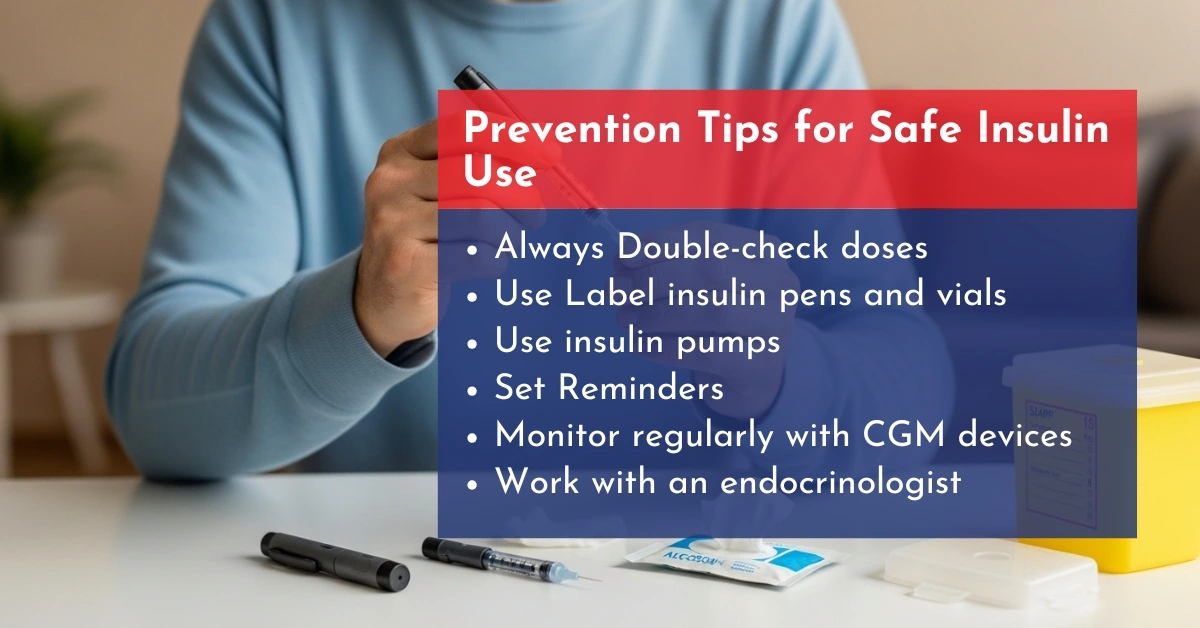
Summary
- Insulin overdose doesn’t directly cause heart attack, but hypoglycemia can increase cardiac risk in vulnerable individuals.
- Symptoms range from mild (sweating, shakiness) to severe (seizure, coma).
- No fixed lethal dose—fatal outcomes have occurred at doses as low as 20 units, up to thousands.
- Post-mortem data: ~65% suicides, ~23% accidental, ~12% homicides of 109 total documented cases.
- Immediate treatment and prevention are key.
Frequently Asked Question
Can hypoglycemia from overdose trigger heart-attack symptoms?
Yes, severe hypoglycemia can precipitate arrhythmias, cardiac arrest, or mimic myocardial infarction.
What are signs of too much insulin?
- Early Signs: Confusion, shakiness, sweating, rapid heartbeat.
- Severe Signs: Seizures, unconsciousness, coma.
How much insulin is a fatal overdose?
It depends on a number of reasons, such as which insulin is being consumed, who is consuming it, and whether that individual needs it or not. The best treatment plan is the one suggested by your doctor.
How long can affects last?
Depends on insulin type. Rapid-acting can last up to hours, while the long-acting hypoglycemia may occur over many hours to a day or more.
How much insulin is too much?
There is no one-size-fits-all answer. The “too much” dose depends on your body, diabetes type, and current blood sugar. Always follow your doctor’s prescription.
What happens with an insulin overdose?
Insulin overdose causes severe hypoglycemia as excess insulin drives too much glucose into cells, depleting blood sugar levels. This triggers neuroglycopenic symptoms (confusion, seizures, loss of consciousness) and adrenergic symptoms (sweating, tremors, tachycardia), which can progress to coma, brain damage, or death if untreated.
What does insulin shock feel like?
Insulin shock presents with rapid onset of shakiness, sweating, confusion, dizziness, blurred vision, and extreme hunger. Patients may experience palpitations, anxiety, weakness, and difficulty speaking or thinking clearly before progressing to altered consciousness or seizures.
What is the most common cause of death in diabetics?
Cardiovascular disease, particularly coronary artery disease and myocardial infarction, accounts for approximately 50-80% of deaths in diabetic patients.
What is a diabetic seizure?
A diabetic seizure is typically a generalized tonic-clonic seizure triggered by severe hypoglycemia (<40 mg/dL) affecting brain glucose supply. It can also occur in hyperglycemic hyperosmolar state or severe DKA, though hypoglycemia is the most common cause.
Can you recover fully from insulin shock?
Yes, if treated promptly (within minutes to an hour), most patients recover fully without permanent sequelae. Prolonged hypoglycemia (>1-2 hours with glucose <40 mg/dL) increases the risk of permanent neurological damage, cognitive impairment, or death.
What would happen if a non-diabetic injected insulin?
Non-diabetics would experience rapid, severe hypoglycemia as their already-normal blood glucose drops dangerously low. Without the protective mechanisms of chronic hyperglycemia, they may experience more severe neuroglycopenic symptoms, seizures, loss of consciousness, and potentially death without immediate glucose treatment.
Why can't you shower after taking insulin?
This is a misconception; you can shower after insulin injection, though some recommend waiting 5-10 minutes to allow proper absorption. Hot water and vigorous rubbing at injection sites can theoretically increase absorption rate slightly, but this is rarely clinically significant.
What is a silent heart attack in diabetes?
A silent myocardial infarction occurs without typical chest pain symptoms due to diabetic autonomic neuropathy affecting cardiac nerve function. Diabetics may experience atypical symptoms like fatigue, shortness of breath, or nausea, or have no symptoms at all, making diagnosis challenging.

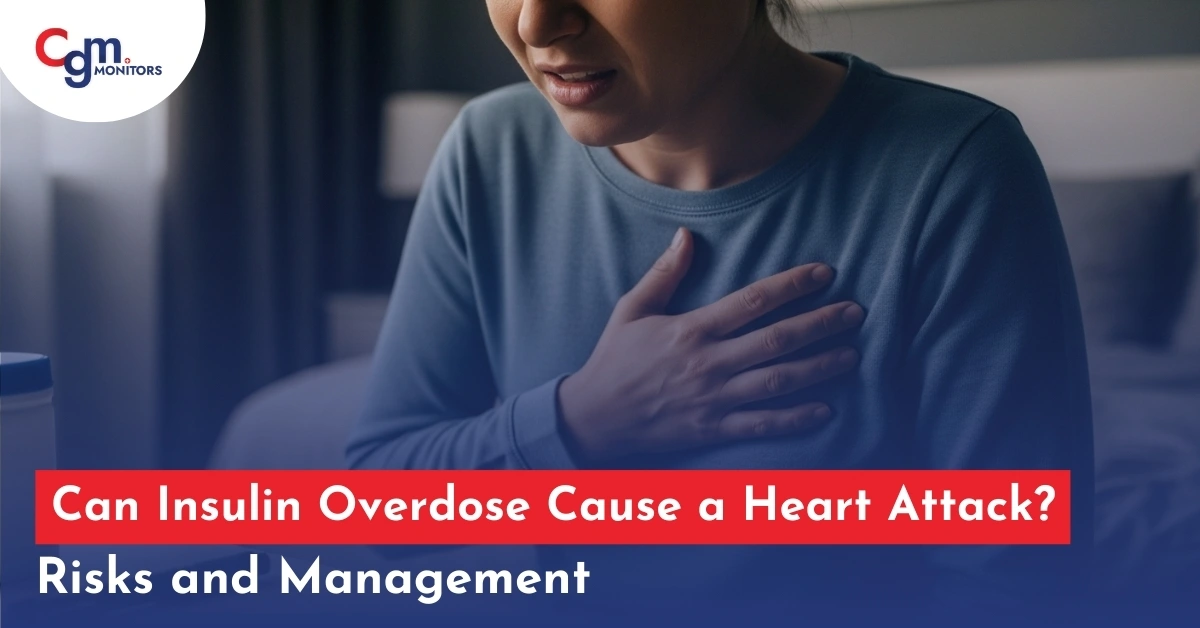
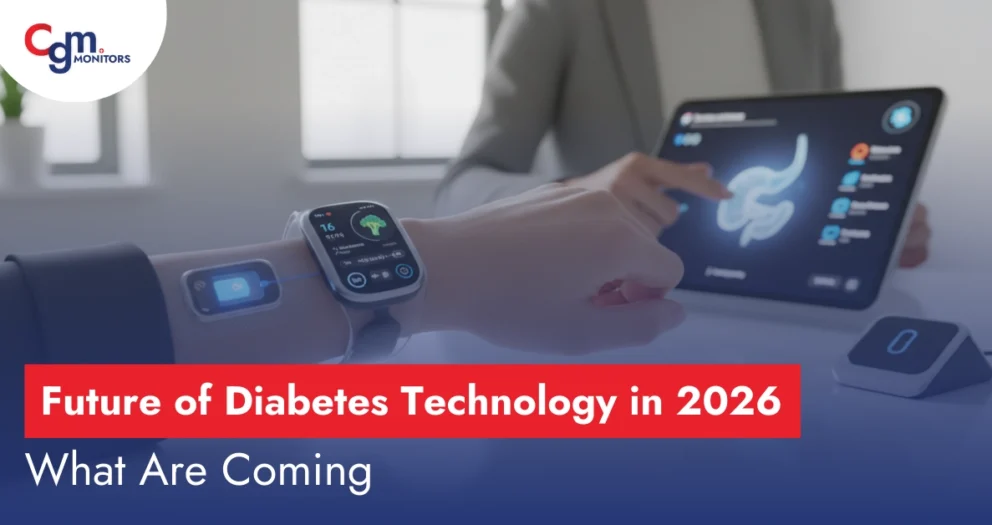
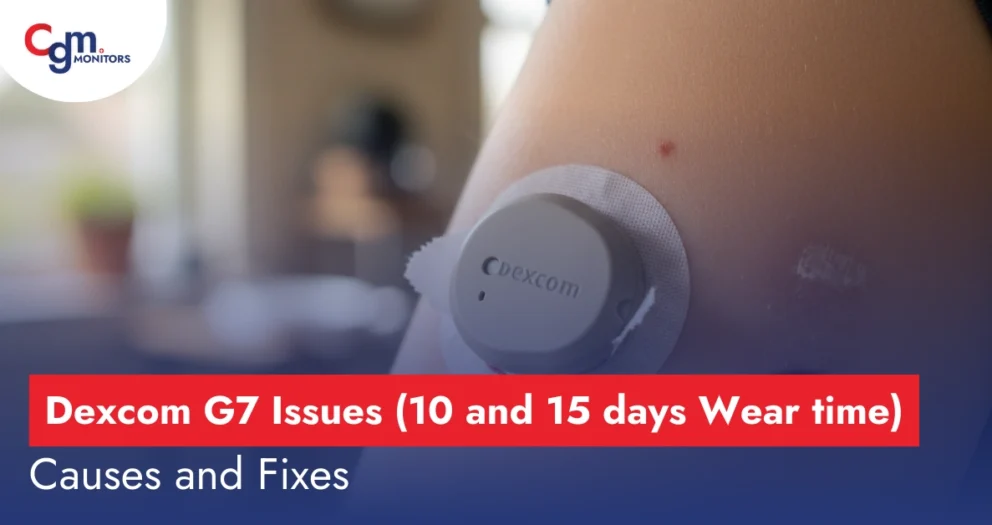
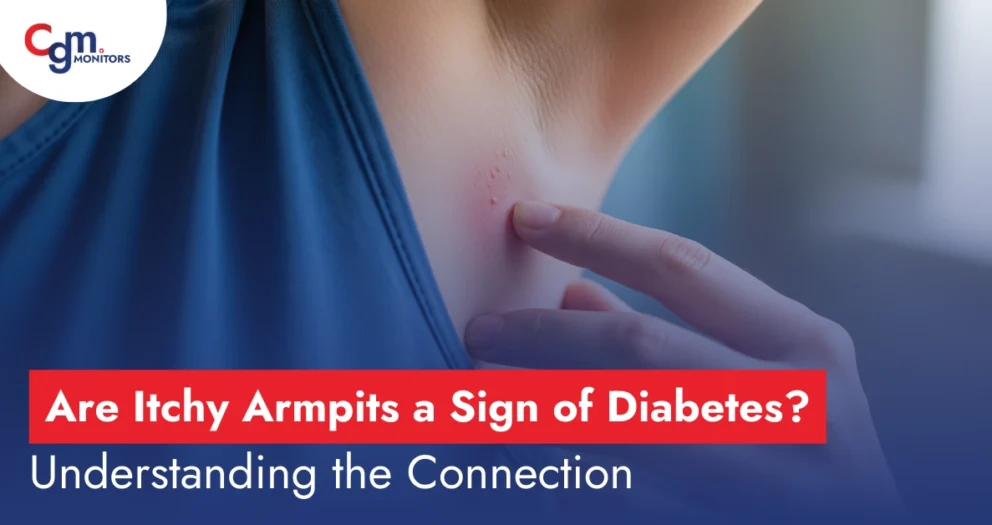
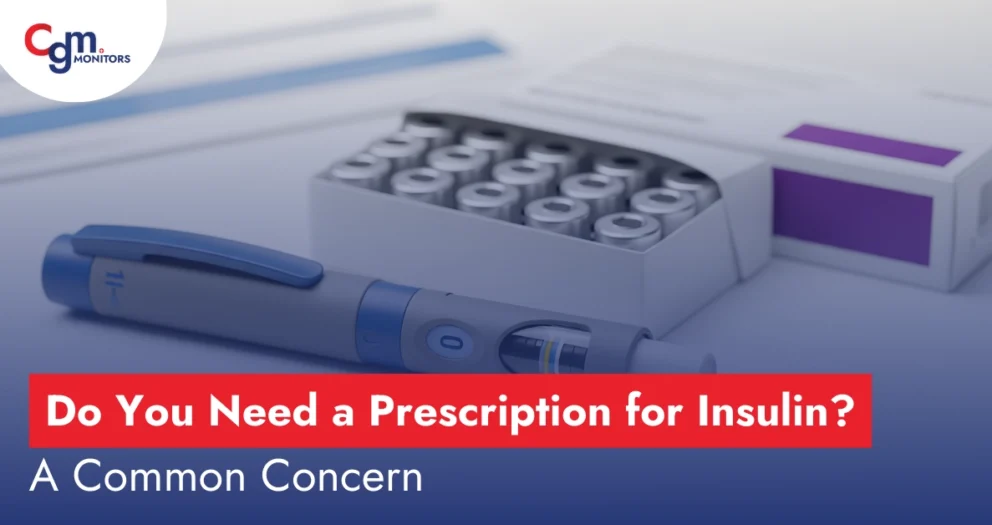
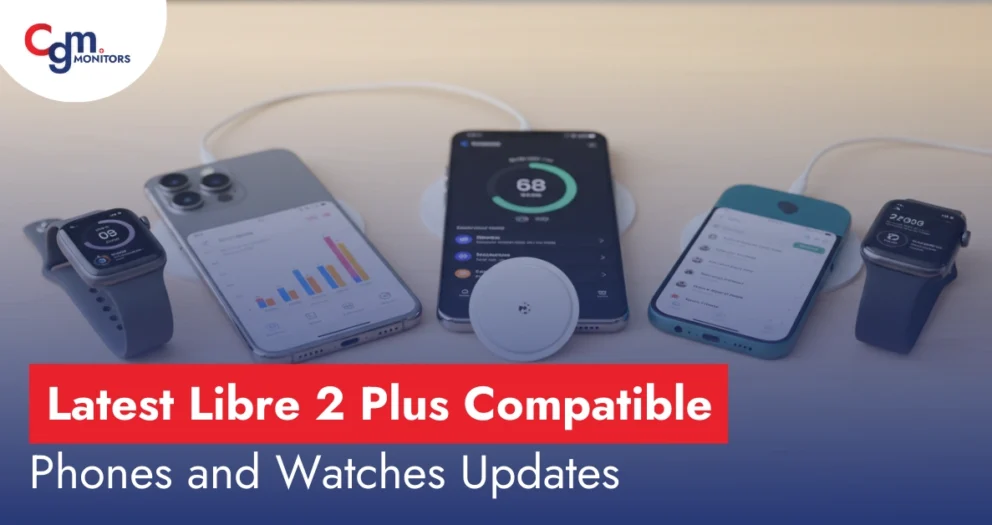
Write a comment
Your email address will not be published. All fields are required